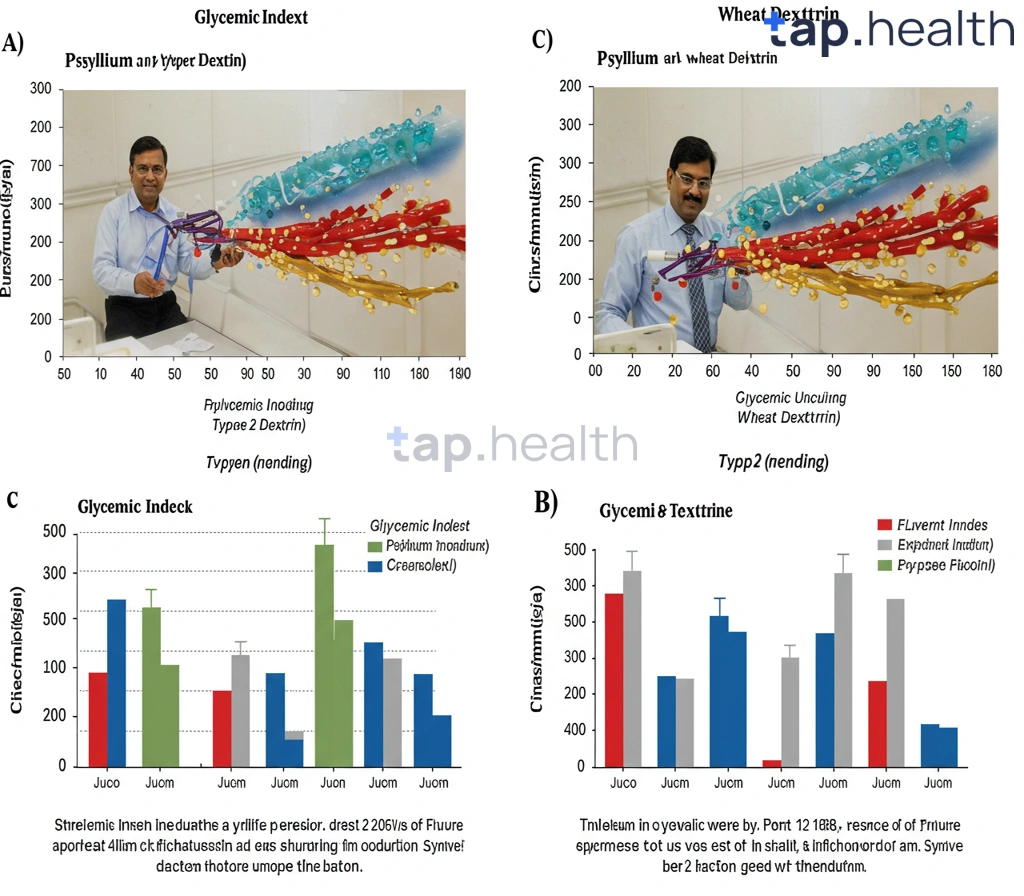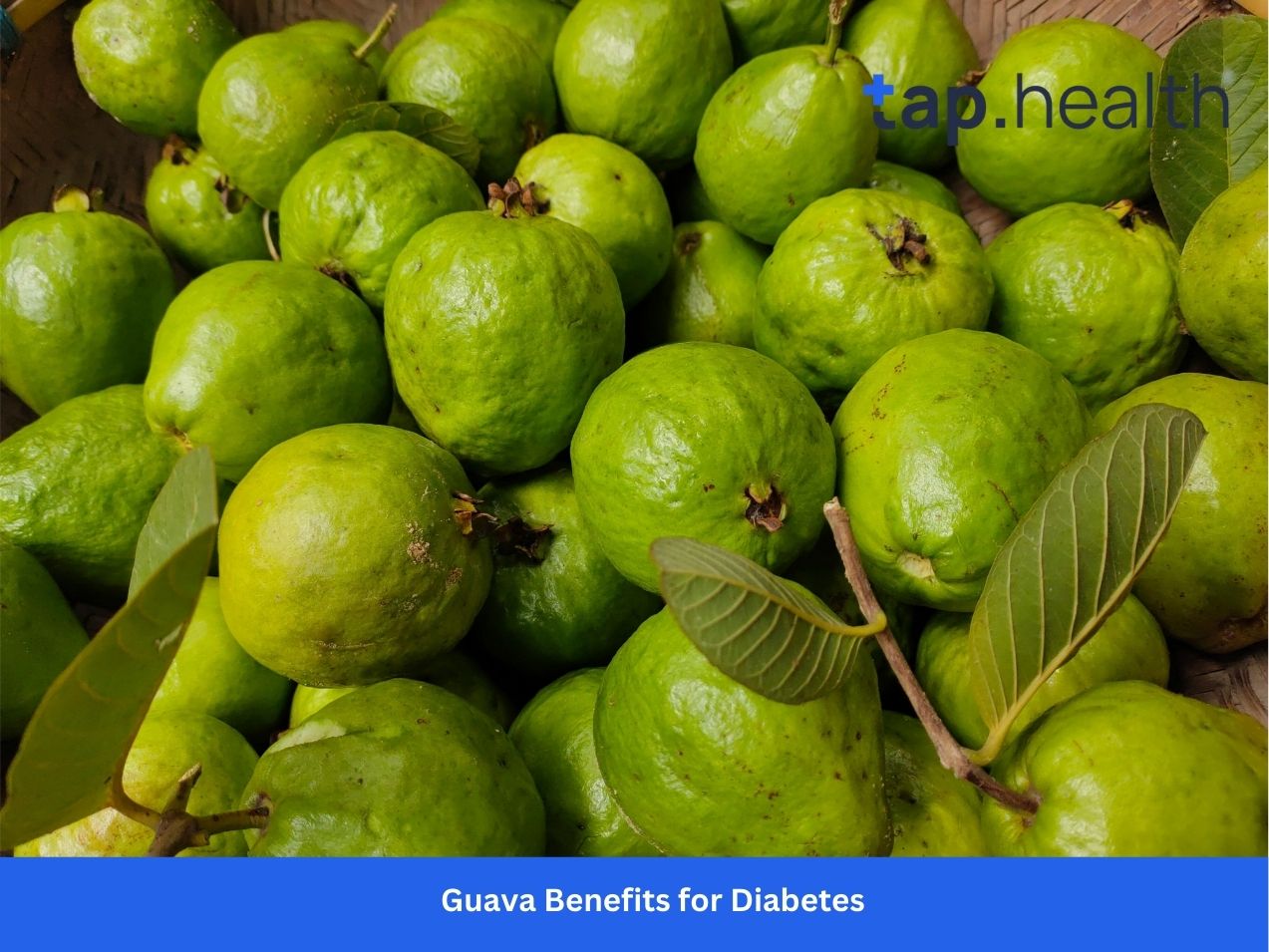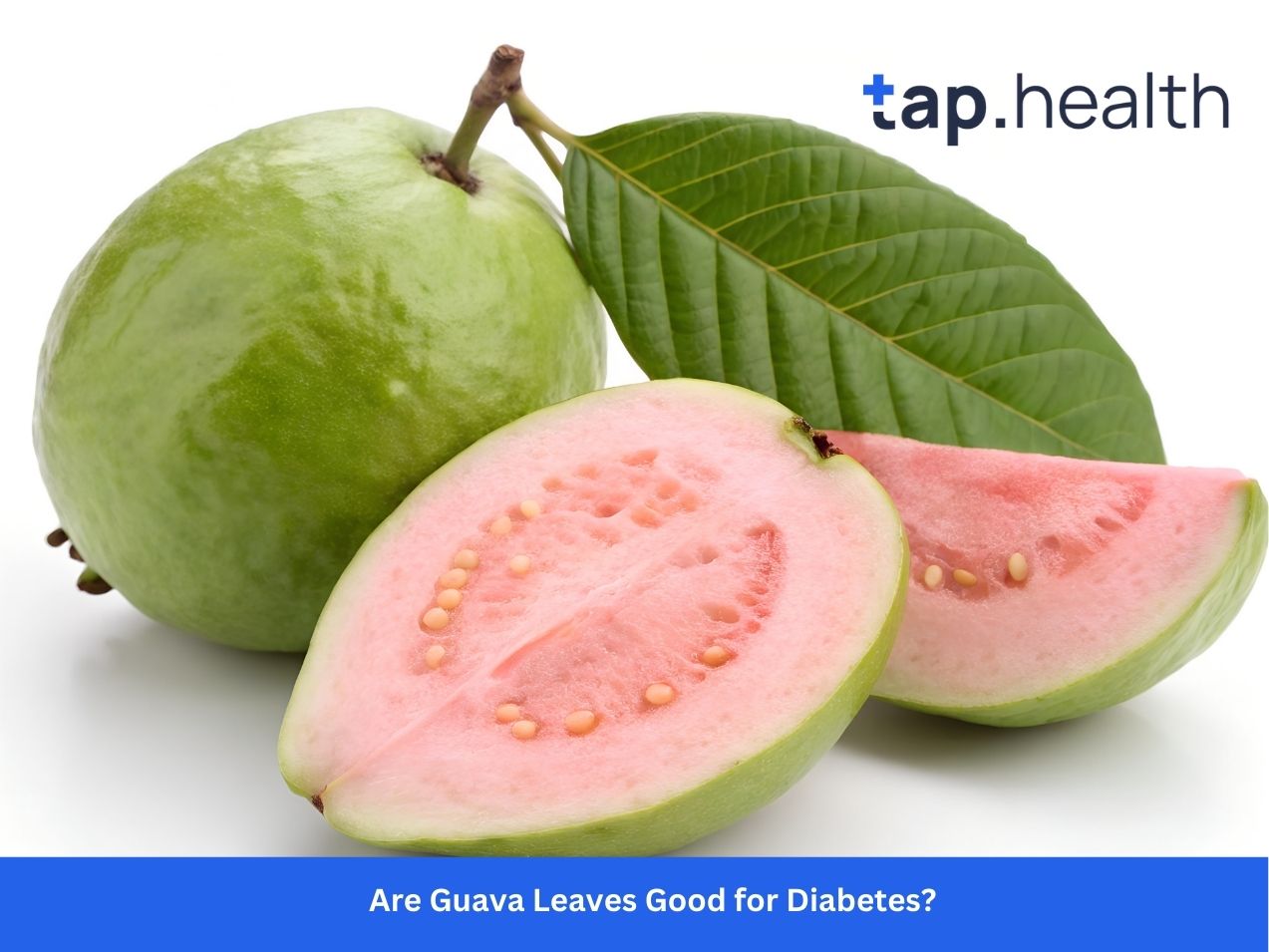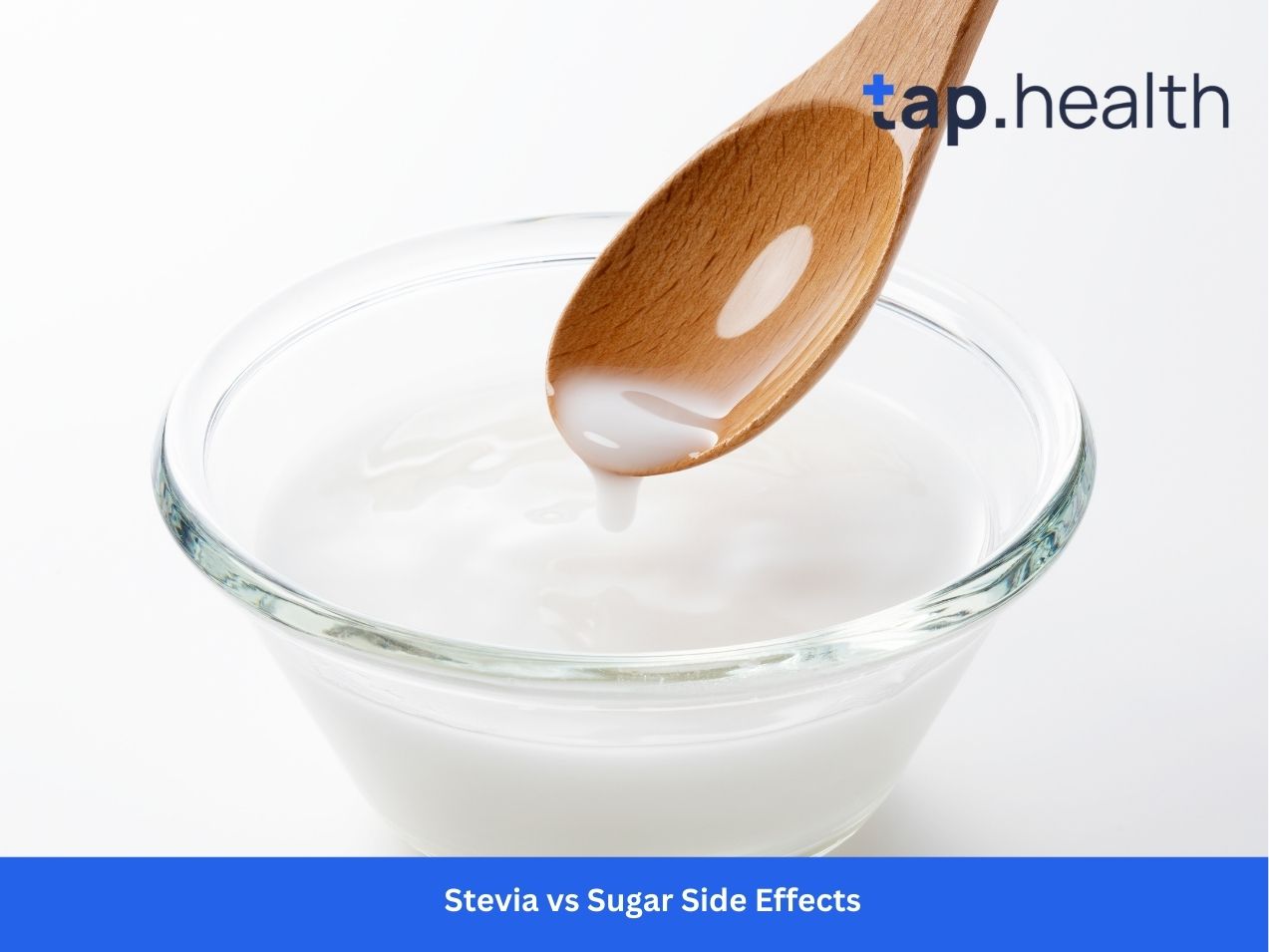Table of Contents
- Psyllium Husk vs. Wheat Dextrin: Which Fiber Lowers Blood Sugar?
- Type 2 Diabetes: Managing Blood Sugar with Psyllium and Wheat Dextrin
- Reduce Inflammation & Blood Sugar: Psyllium Fiber’s Impact on Type 2 Diabetes
- Psyllium or Wheat Dextrin: A Guide to Choosing the Best Fiber Supplement
- Lowering Blood Sugar and Inflammation: The Role of Dietary Fiber in Type 2 Diabetes
- Frequently Asked Questions
- References
Managing type 2 diabetes effectively often involves navigating a complex world of dietary choices. Two popular supplements frequently discussed for their potential benefits are psyllium and wheat dextrin. But which one reigns supreme when it comes to blood sugar control and inflammation reduction? This blog post dives deep into Psyllium vs. Wheat Dextrin: Impact on Blood Sugar and Inflammation in Type 2 Diabetes, comparing their mechanisms of action and exploring the latest research to help you make informed decisions about your health. Let’s unravel the science behind these fiber supplements and discover which might be the better fit for your individual needs.
Psyllium Husk vs. Wheat Dextrin: Which Fiber Lowers Blood Sugar?
Managing blood sugar levels is crucial for individuals with Type 2 diabetes, especially prevalent in Indian and tropical countries. The alarming statistic that daily consumption of sugary beverages raises diabetes risk by 26% underscores the need for effective dietary strategies. Two popular fiber supplements often considered are psyllium husk and wheat dextrin, both known for their potential impact on blood glucose control and inflammation. But which one reigns supreme?
Understanding the Mechanisms
Both psyllium husk and wheat dextrin are soluble fibers, meaning they absorb water and form a gel-like substance in the digestive tract. This gel slows down the absorption of glucose, preventing sharp spikes in blood sugar after meals. However, they differ in their mechanisms. Psyllium husk primarily works by increasing stool bulk and promoting regularity, indirectly impacting blood sugar. Wheat dextrin, on the other hand, forms a viscous gel that more directly interferes with glucose absorption. This difference is crucial for tailoring treatment to individual needs and preferences.
Choosing the Right Fiber for You
The best choice between psyllium husk and wheat dextrin depends on several factors including individual tolerance, existing health conditions, and dietary habits. Consult your doctor or a registered dietitian to determine which fiber is most suitable for your specific situation. They can consider your overall health, potential drug interactions, and other dietary factors prevalent in the Indian and tropical context, such as the high carbohydrate intake common in many regional diets. Remember, managing Type 2 diabetes requires a holistic approach combining dietary changes, regular exercise, and potentially medication. For more information on maintaining healthy blood sugar levels, check out our article on Blood Sugar Levels.
Actionable Steps for Better Blood Sugar Control
Beyond choosing the right fiber, prioritize a balanced diet low in refined carbohydrates and sugary drinks. Incorporate regular physical activity into your daily routine, even simple walks can make a significant difference. Staying hydrated is also crucial, and choosing natural, regional fruits and vegetables rich in fiber will further enhance blood sugar management. By adopting these lifestyle modifications, you can take proactive steps towards better diabetes management and a healthier future. And for those looking for suitable snacks, you might find our guide on Which Biscuit is Good for Diabetes? helpful.
Type 2 Diabetes: Managing Blood Sugar with Psyllium and Wheat Dextrin
Managing type 2 diabetes effectively often relies on lifestyle modifications. Up to 80% of Type 2 diabetes cases can be delayed or prevented through lifestyle changes, highlighting the power of dietary choices. In India and tropical countries, where dietary habits significantly impact health, understanding the role of dietary fiber like psyllium and wheat dextrin is crucial for blood sugar control and inflammation reduction.
Psyllium’s Impact on Blood Sugar and Inflammation
Psyllium husk, a soluble fiber, is known for its ability to regulate blood glucose levels. By slowing down glucose absorption in the gut, it prevents sharp spikes in blood sugar after meals. This is particularly beneficial for individuals with type 2 diabetes in India and other tropical regions, where diets often include high-glycemic index foods. Furthermore, psyllium’s fiber content promotes healthy gut bacteria, potentially reducing inflammation, a key factor in managing diabetes complications. Lifestyle changes, including incorporating psyllium, are vital. For more simple changes, check out our blog on 5 Easy Lifestyle Changes to Manage Type 2 Diabetes.
Wheat Dextrin’s Role in Blood Sugar Management
Wheat dextrin, another soluble fiber, offers similar benefits to psyllium. It helps improve insulin sensitivity, enabling the body to utilize glucose more effectively. This reduced reliance on insulin is advantageous for managing type 2 diabetes. Furthermore, its prebiotic properties contribute to a healthier gut microbiome, thereby reducing systemic inflammation, a common complication associated with the disease. Consider incorporating both psyllium and wheat dextrin into your diet for a synergistic effect in managing blood sugar and inflammation.
Actionable Steps for Better Blood Sugar Control
Consult with your doctor or a registered dietitian to determine the appropriate dosage and integration of psyllium and wheat dextrin into your diet. Prioritize whole grains, fruits, and vegetables rich in fiber as part of a balanced, diabetes-friendly diet. Remember, even small dietary changes can make a significant difference in managing type 2 diabetes and improving overall health. Make informed choices today for a healthier tomorrow! Considering other fruits, you might find our article on Is Pomegranate Good for Diabetes Type-2? Let’s Find Out! helpful.
Reduce Inflammation & Blood Sugar: Psyllium Fiber’s Impact on Type 2 Diabetes
Understanding the Challenge of Type 2 Diabetes in India and Tropical Countries
Type 2 diabetes is a significant health concern, particularly in India and other tropical regions. Over 80% of those with Type 2 diabetes experience insulin resistance, a key factor driving high blood sugar and chronic inflammation. Managing these issues is crucial for preventing serious complications. This is where dietary fiber, specifically psyllium husk, plays a vital role. Psyllium, readily available in many Indian and tropical markets, offers a natural approach to improving blood sugar control and reducing inflammation.
Psyllium Fiber: A Natural Solution
Psyllium husk is a soluble fiber that works by absorbing water in the digestive tract, forming a gel-like substance. This slows down the absorption of glucose into the bloodstream, leading to more stable blood sugar levels. Furthermore, psyllium promotes the growth of beneficial gut bacteria, which contributes to reduced inflammation throughout the body. This dual action is particularly beneficial for individuals with Type 2 diabetes who often struggle with both high blood sugar and chronic inflammation. For more strategies on reducing inflammation, you might find our article on Effective Anti-Inflammatory Diet Strategies to Boost Insulin Sensitivity helpful.
Practical Tips for Incorporating Psyllium into Your Diet
Adding psyllium to your daily routine is simple. Start by adding a teaspoon or two of psyllium husk powder to water, juice, or yogurt. Ensure you drink plenty of water throughout the day as psyllium absorbs fluids. Gradually increase the amount to find the optimal dose for your individual needs. Remember, consulting with your doctor or a registered dietitian is recommended before making significant dietary changes, especially if you have pre-existing health conditions. Considering specific food choices can also be beneficial, and you might want to read our article on Is Sweet Corn Good for Type 2 Diabetes? Let’s Find Out
Take Control of Your Health
Managing Type 2 diabetes effectively requires a holistic approach. By incorporating psyllium fiber into your diet, along with regular exercise and a balanced eating plan, you can significantly improve your blood sugar control and reduce inflammation. Speak to your doctor or a qualified healthcare professional to discuss how psyllium can benefit your specific needs and find a plan that works best for you and your lifestyle.
Psyllium or Wheat Dextrin: A Guide to Choosing the Best Fiber Supplement
Managing blood sugar levels and inflammation is crucial for individuals with Type 2 diabetes, particularly in regions like India and other tropical countries where dietary habits often play a significant role. Dietary fiber supplements, such as psyllium and wheat dextrin, can be valuable tools in this management. Choosing the right one depends on your individual needs and preferences.
Understanding the Differences
Both psyllium and wheat dextrin are soluble fibers that help regulate blood sugar levels. Psyllium, derived from the plantago ovata plant, forms a gel-like substance in the gut, slowing down glucose absorption. Wheat dextrin, a byproduct of wheat starch processing, is also a soluble fiber, but it works differently, acting as a prebiotic, promoting beneficial gut bacteria. This can indirectly impact blood sugar control and reduce inflammation. Remember, managing carbohydrate intake is key. For example, the common recommendation is to consume 45–60 grams of carbs per meal for most people with diabetes, but this may need adjustment based on individual needs and responses.
Which Fiber is Right for You?
The best choice depends on your specific health goals. If rapid blood sugar control after meals is your priority, psyllium might be a better option due to its immediate impact on glucose absorption. If you are also looking to improve gut health and potentially reduce long-term inflammation, wheat dextrin may be a more suitable choice. Always consult your doctor or a registered dietitian before starting any new supplements, especially if you have existing health conditions. They can help you determine the appropriate dosage and ensure it complements your overall diabetes management plan. For more information on incorporating fiber into your diet, you might find High Fiber Foods Chart for Constipation: Foods to Eat and Avoid – Tap Health helpful.
Taking Action for Better Health
Consider consulting a nutritionist to develop a personalized diet plan that incorporates fiber-rich foods and supplements like psyllium or wheat dextrin alongside balanced carbohydrate intake. Remember, managing Type 2 diabetes requires a holistic approach, combining dietary changes with regular exercise and medication as prescribed by your healthcare provider. Prioritizing your health is a crucial step toward a more fulfilling life. For further guidance on safe supplement use, refer to Safe and Effective Dietary Supplements for Diabetes Care.
Lowering Blood Sugar and Inflammation: The Role of Dietary Fiber in Type 2 Diabetes
Managing type 2 diabetes effectively is crucial, especially in regions like India and other tropical countries where the prevalence of the disease is high. The alarming statistic that smokers with diabetes face double the mortality rate due to cardiovascular complications highlights the urgent need for proactive management. Dietary fiber plays a significant role in this, and understanding the impact of different types of fiber, such as psyllium and wheat dextrin, is key.
Psyllium and Wheat Dextrin: A Comparison
Both psyllium husk and wheat dextrin are soluble fibers that can help regulate blood sugar levels. Psyllium, a common ingredient in many Indian households, forms a gel-like substance in the gut, slowing down glucose absorption and promoting satiety. Wheat dextrin, another readily available option, functions similarly but might have slightly different effects on gut microbiota. Choosing the right fiber source is important, as both contribute to improved gut health, a key factor in managing diabetes and reducing inflammation—a significant contributor to cardiovascular issues. Consider consulting a nutritionist or diabetologist to determine which fiber type is best suited for your individual needs and dietary habits.
Practical Tips for Managing Blood Sugar in Tropical Climates
In hot and humid climates, staying hydrated is crucial. Adequate water intake aids in fiber’s effectiveness and overall diabetes management. Incorporate psyllium or wheat dextrin into your diet gradually to avoid digestive discomfort. Start with small amounts and increase gradually as tolerated. Remember to pair fiber intake with a balanced diet and regular exercise. These lifestyle modifications are particularly important for individuals in India and other tropical countries, where dietary habits and environmental factors can impact diabetes management. Prioritizing a healthy lifestyle can significantly reduce the risks associated with type 2 diabetes, including the heightened cardiovascular risks for smokers. For those looking to manage their weight alongside diabetes management, How to Gain weight with type 2 diabetes? offers valuable insights. Maintaining a strong immune system is also vital, and you can learn more about this in our article on Boosting Immunity While Managing Diabetes.
Frequently Asked Questions
Q1. How do psyllium husk and wheat dextrin help manage blood sugar in type 2 diabetes?
Both are soluble fibers. Psyllium increases stool bulk, indirectly affecting blood sugar levels. Wheat dextrin creates a viscous gel, slowing glucose absorption.
Q2. What are the key differences between psyllium husk and wheat dextrin in terms of their impact on blood sugar?
Psyllium’s effect is indirect, through improved bowel movements. Wheat dextrin directly interferes with glucose absorption by forming a gel in the digestive tract.
Q3. Can I use psyllium husk or wheat dextrin alone to manage my type 2 diabetes?
No, managing type 2 diabetes requires a holistic approach. While these fibers help, they should be combined with dietary changes, regular exercise, and potentially medication as advised by your doctor.
Q4. How do I determine which fiber, psyllium or wheat dextrin, is best for me?
The best choice depends on individual factors like tolerance and existing health conditions. Consult a doctor or registered dietitian to determine the most suitable option for your specific needs and health status.
Q5. What other lifestyle changes are important for managing blood sugar levels along with using these fibers?
Maintaining a healthy diet (low in refined carbohydrates and sugary drinks), regular exercise, increased hydration, and including fiber-rich fruits and vegetables are essential for effective blood sugar control.
References
- A Practical Guide to Integrated Type 2 Diabetes Care: https://www.hse.ie/eng/services/list/2/primarycare/east-coast-diabetes-service/management-of-type-2-diabetes/diabetes-and-pregnancy/icgp-guide-to-integrated-type-2.pdf
- Understanding Type 2 Diabetes: https://professional.diabetes.org/sites/default/files/media/ada-factsheet-understandingdiabetes.pdf



